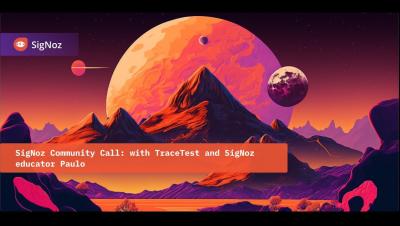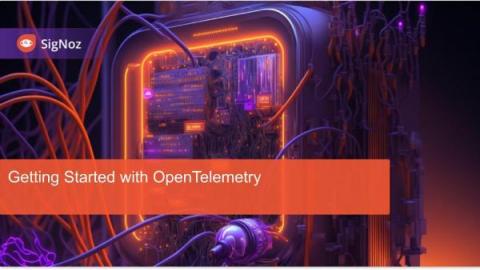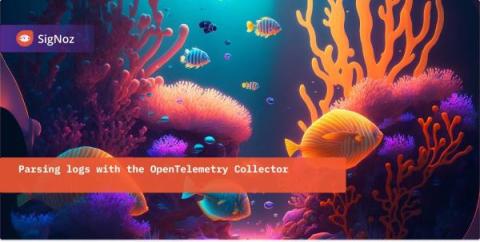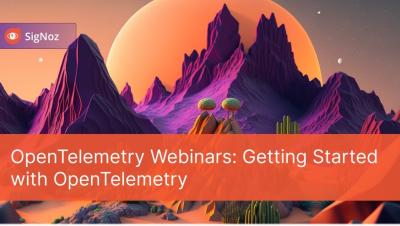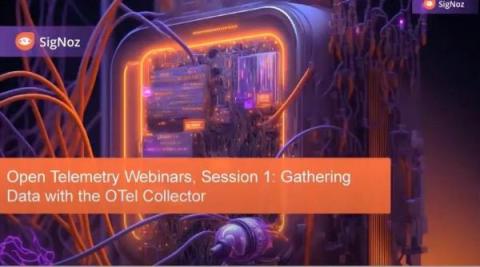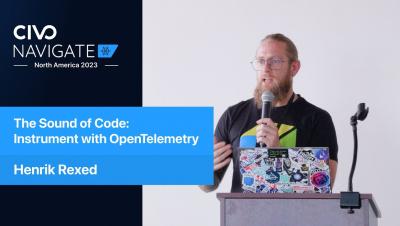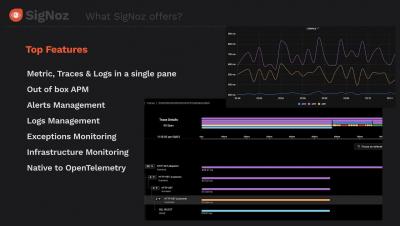Operations | Monitoring | ITSM | DevOps | Cloud
Tracing
The latest News and Information on Distributed Tracing and related technologies.
Scaling microservices: Challenges, best practices and tools
Scaling the deployment, in order to meet demand or extend capabilities, is a known challenge in many fields, but it’s particularly pertinent when scaling microservices. This article looks at the challenges of scaling microservices and examines best practices to overcome them while maintaining app quality, dev efficiency, and a good developer experience.
OpenTelemetry Webinars - Getting Started with OpenTelemetry
Parsing logs with the OpenTelemetry Collector
Infinite Retention with OpenTelemetry and Honeycomb
The needs of observability workloads can sometimes be orthogonal to the needs of compliance workloads. Honeycomb is designed for software developers to quickly fix problems in production, where reducing 100% data completeness to 99.99% is acceptable to receive immediate answers. Compliance and audit workloads require 100% data completeness over much longer (or "infinite") time spans, and are content to give up query performance in return.
OpenTelemetry Webinars: Getting Started with OpenTelemetry
What is eBPF?
eBPF, or Extended Berkeley Packet Filter, is a kernel technology available since Linux 4.4. It lets developers run programs without adding additional modules or modifying the kernel source code. Think of it as a lightweight, sandboxed virtual machine (VM) within the Linux kernel that lets you run Berkeley Packet Filter (BPF) bytecode that uses certain kernel resources. Utilizing eBPF removes the need to modify the kernel source code and improves the software’s capacity to use existing layers.


